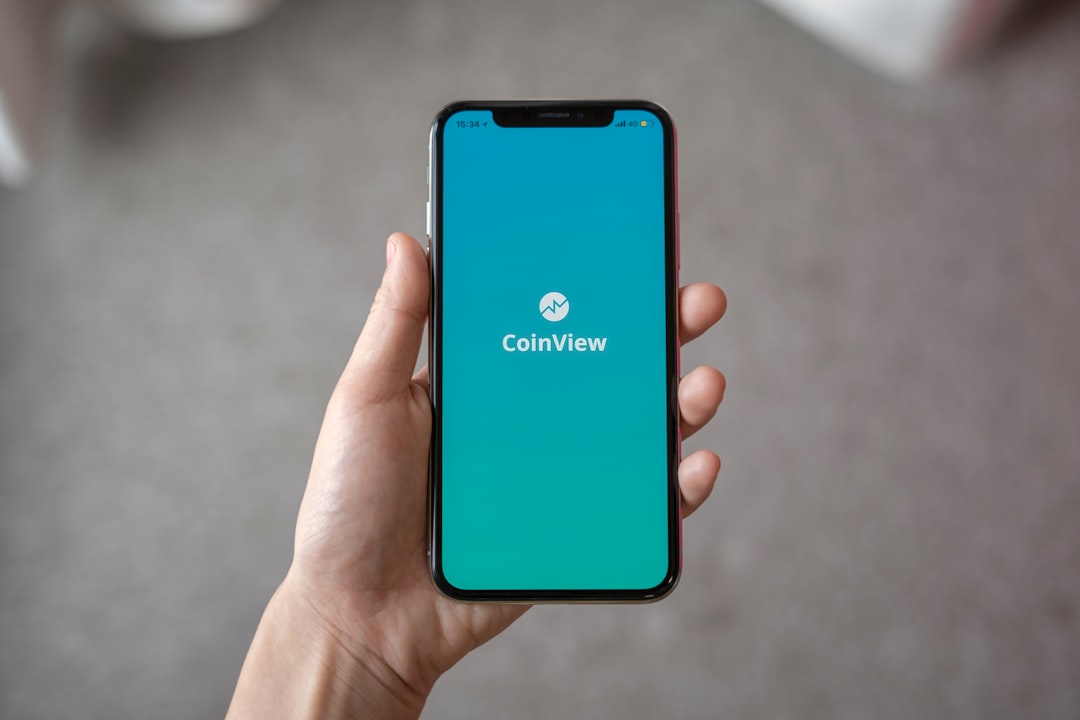The Georgia Do Not Call Law protects residents from automated phone calls (robocalls) by allowing them to opt-out of prerecorded messages without explicit consent. Milledgeville residents can file complaints through the Georgia Attorney General's Office, with evidence like call recordings submitted online or directly to local Do Not Call Lawyers Georgia. The law has strict penalties for violators, and qualified attorneys can guide both consumers and businesses to combat robocalls effectively. Proactive measures include registering with the National Do Not Call Registry, using call-blocking apps, updating security software, and reporting illegal calls to local authorities and the FTC.
In the age of relentless digital communication, robocalls have become a ubiquitous nuisance. Milledgeville residents are taking action against illegal robocalls by filing complaints with the Georgia Attorney General’s Office. This article guides you through understanding the pervasive nature of these calls and Georgia’s Do Not Call Law. Learn the step-by-step process of filing a complaint, explore legal avenues for persistent robocalls, and discover practical tips to safeguard your phone from future illegal calls in Milledgeville, with expert advice from Do Not Call lawyers in Georgia.
Understanding Robocalls and the Georgia Do Not Call Law

Robocalls, automated phone calls that deliver pre-recorded messages, have become a ubiquitous yet often unwanted aspect of modern communication. While some robocalls offer valuable services or information, many Georgians find themselves plagued by unsolicited calls from telemarketers and scammers. In response to this growing concern, the state of Georgia has implemented a robust Do Not Call law to protect residents’ privacy and reduce nuisance calls.
The Georgia Do Not Call Law is designed to give individuals control over their phone numbers, preventing automated or prerecorded messages from reaching their lines without explicit consent. Residents who wish to opt-out of these calls can register their numbers with the Georgia Public Service Commission (PSC). This simple step ensures that they receive fewer unwanted robocalls and helps them avoid potential fraud and identity theft risks often associated with such calls. Do Not Call lawyers in Georgia play a crucial role in ensuring compliance with this law, assisting both businesses and consumers in navigating these regulations to safeguard against illegal telemarketing practices.
The Process of Filing a Complaint with the Georgia Attorney General's Office

In Milledgeville, filing a complaint against illegal robocalls is a straightforward process facilitated by the Georgia Attorney General’s Office. The first step involves gathering evidence, such as recordings or notes of the calls received, along with any information about the caller, including phone numbers and dates. Once armed with these details, residents can file their complaint online through the Attorney General’s website or by contacting their local Do Not Call Lawyers Georgia directly.
Submitting a complaint is entirely confidential, and the office investigates each case diligently. They may reach out for further information if needed, but typically, the process from initial filing to resolution takes several weeks. The goal of this procedure is to deter future illegal robocalls and protect citizens from unwanted and fraudulent communication attempts.
Legal Recourse for Persistent Robocalls: What to Expect

If you’re in Milledgeville and facing persistent robocalls, knowing your legal options is crucial. In Georgia, there are strict regulations against unwanted telemarketing calls, including robocalls, thanks to the Do Not Call laws. If these automated calls continue despite being registered on the national “Do Not Call” list or a local “Georgia Do Not Call” registry, you have the right to take action.
Consulting with a qualified Do Not Call Lawyer in Georgia is a recommended step. They can guide you through the legal process, which may include filing a complaint with the Federal Trade Commission (FTC) and seeking damages for violations. The FTC takes robocall complaints seriously, and penalties for violators can be substantial. Your lawyer will help ensure your rights are protected and work to stop these unwanted calls from reaching your phone.
How to Protect Yourself from Future Illegal Robocalls in Milledgeville, GA

To protect yourself from future illegal robocalls in Milledgeville, GA, it’s important to understand your rights and take proactive steps. One effective measure is to register your phone number with the National Do Not Call Registry. This federal list prohibits telemarketers from calling numbers on it, but it doesn’t stop all robocalls as some may use illegal or dodgy methods to reach you. Engaging the services of a Do Not Call Lawyer in Georgia can be beneficial; these legal experts can guide you through your rights and options, especially if you’ve been a victim of persistent or harassing calls.
Additionally, consider using call-blocking apps or software designed to identify and block robocalls. While not foolproof, these tools can significantly reduce the volume of unwanted calls. Regularly updating your phone’s operating system and security software is also crucial as it helps patch vulnerabilities that scammers may exploit. Reporting illegal robocalls to local authorities and the Federal Trade Commission (FTC) is another step that can help curb this nuisance; the FTC actively works to stop fraudulent activities, including excessive or illegal telemarketing.






